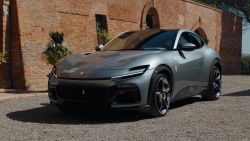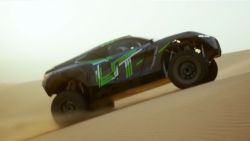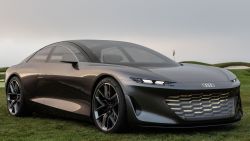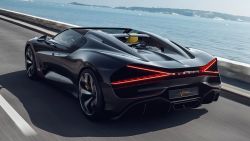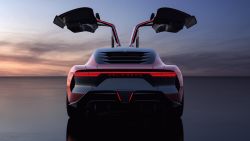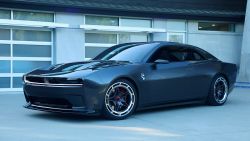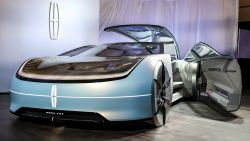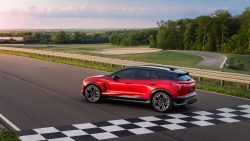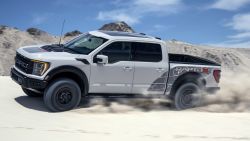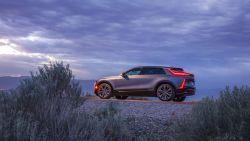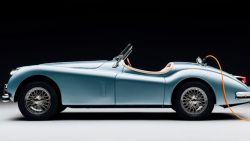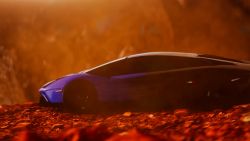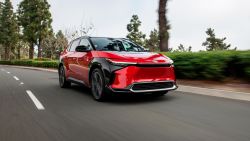Porsche unveiledits first electric car, called the Taycan, on Wednesday. The car was introduced in twohigh-performance versions, the 670 horsepower Taycan Turbo and the 751 horsepower Taycan Turbo S.
The Turbo in the name might be a little confusing. These cars have no actual turbochargers because they’re powered entirely by electricity. Turbochargers are used to boost the power output of gasoline engines. ButPorsche is now using that name to distinguish high-performance versions of the electric car.
Also, the maximum horsepower figures will be available only in an Overboost power mode for quick launches. Otherwise, the two electric motors – one driving the front wheels and one the rear – can produce up to 617 horsepower on either model.
While Porsche has previously shown concept versions of the Taycan, the car shown Wednesday is the actual production car that will go on sale soon. The Turbo S will cost about $185,000, while the Turbo will cost about $151,000. Other versions offering less speed and power at lower prices will be available later this year, Porsche said. An electric crossover SUV, the Taycan Cross Turismo, will be offered late next year.

Using Overboost and a Launch Control system, the Taycan S can accelerate from a stop to 60 miles an hour in just 2.6 seconds. That’s as quickly as a Porsche 911 Turbo, according to Car & Driver. Tesla claims its Model S Performance, the high-performance variant, is even quicker and does so without requiring a Launch Control feature.
Porsche insists, though, that a great performance car is about much more than just accelerating quickly from a stop. Following a Formula E electric car race in New York City in July, a professional driver took journalists around the tightly curving track to show off a Taycan prototype’s impressive cornering ability.
“In every aspect, acceleration, deceleration going into curves, going out of curves, everything about the car– and you were in the car – always feels like a sports car,”Klaus Zellmer, CEO of Porsche North America, said in an interview after the demonstration, “and that’s how it will set itself apart from other battery electric vehicles.”
Most electric cars have only a one-speed transmission because theydon’t require the sort of transmissions with multiple gear ratios that gasoline-powered cars use. The Taycan, however, has a two-speed transmission for its rear wheels, while the front wheels have a single-speed transmission. A lower gear on the rear wheels helps provide that quick acceleration from a stop.
The Taycan will have five driving modes that will change how the car rides and how it feels to drive. Besides Porsche’s usual Sport, Sport Plus, and Normal settings, the Taycan will have a Range mode to maximize its energy efficiency. It will also have an “Individual” mode in which the driver can adjust various settings.
Inside, the Taycan has almost no physical switches, knobs or gauges. Almost all controls and instruments areoperated using glass computer displays and touch screens. Porsche is also offering an entirely leather-free interior for the first time. These interiors will be made using recycled materials.
To give the car a low center of gravity, for the best possible cornering, the Taycan’s big battery pack is in the floor. The car also has a very low roofline, though, which might tend to make it a tight squeeze, especially for those sitting in the back. To help with that, Porsche designed recesses – Porsche calls them “foot garages” – into the battery pack to make room for backseat passengers feet.

Besides its driving performance, Porsche also boasts of the Taycan’s fast charging capabilities. Using special high-output fast chargers, and under “ideal conditions,” the Taycan will be able to charge its batteries up to 80% in just 22 minutes and 30 seconds.
Porsche claimed the Taycan can drive about 280 miles on a charge, according to European test procedures. The range according to American tests will be announced later.



